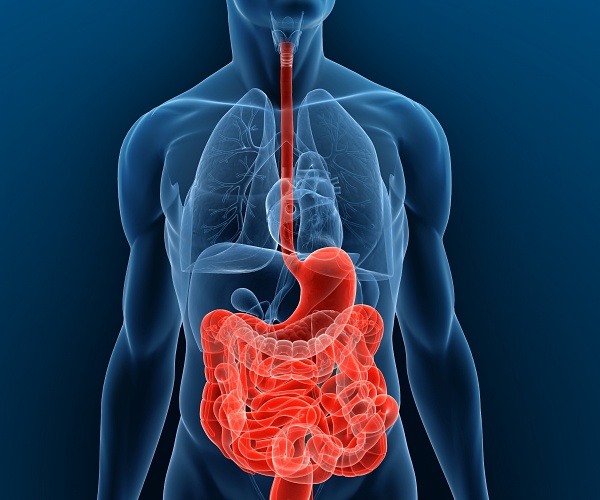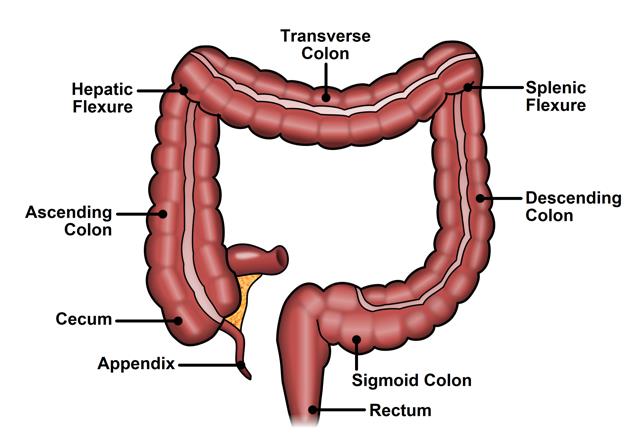Easy way to reduce your risk of getting colon cancer and death from the disease, researchers say.

The following written content via Newsmax Health
Getting a colonoscopy as soon as possible after an abnormal stool test could reduce your risk of colon cancer and death from the disease, researchers say.
In a new study, investigators analyzed data from more than 200,000 U.S. veterans, aged 50 to 75, who had an abnormal fecal immunochemical test (FIT) or fecal occult blood test (FOBT).
Both are common stool blood screening tests. Abnormal results (blood in the stool) on the tests should be followed by a colonoscopy to check for precancerous and cancerous colon growths called polyps.

Patients who had a colonoscopy more than 13 months after an abnormal stool blood test were up to 1.3 times more likely to develop colon cancer than those who had colonoscopy up to three months after the stool test, the study authors found.
The risk of advanced colon cancer at diagnosis was up to 1.7 times higher among patients who had a colonoscopy more than 16 months after an abnormal stool blood test, according to the Veterans Affairs (VA) researchers.
The study also found that the risk of colon cancer-related death was up to 1.5 times higher when a colonoscopy was done more than 19 months after an abnormal stool blood test.
Advertisement
The study was published online Feb. 2 in the journal Gastroenterology.
“These findings extend current knowledge about the clinical implications of time to follow-up after abnormal FIT-FOBT,” according to study author Dr. Folasade May, a gastroenterologist at the VA Greater Los Angeles Healthcare System, and colleagues. “Further work should include [efforts] that address barriers to [undergoing] colonoscopy after abnormal non-colonoscopic screening results and policies to encourage the routine monitoring of follow-up rates.”
Excluding skin cancers, colon cancer is the third-most common cancer in the United States, but also one of the most preventable types of cancer, the study authors noted. Detection and removal of precancerous polyps can significantly reduce the incidence of the cancer and deaths caused by it. Read more from Newsmax Health.






